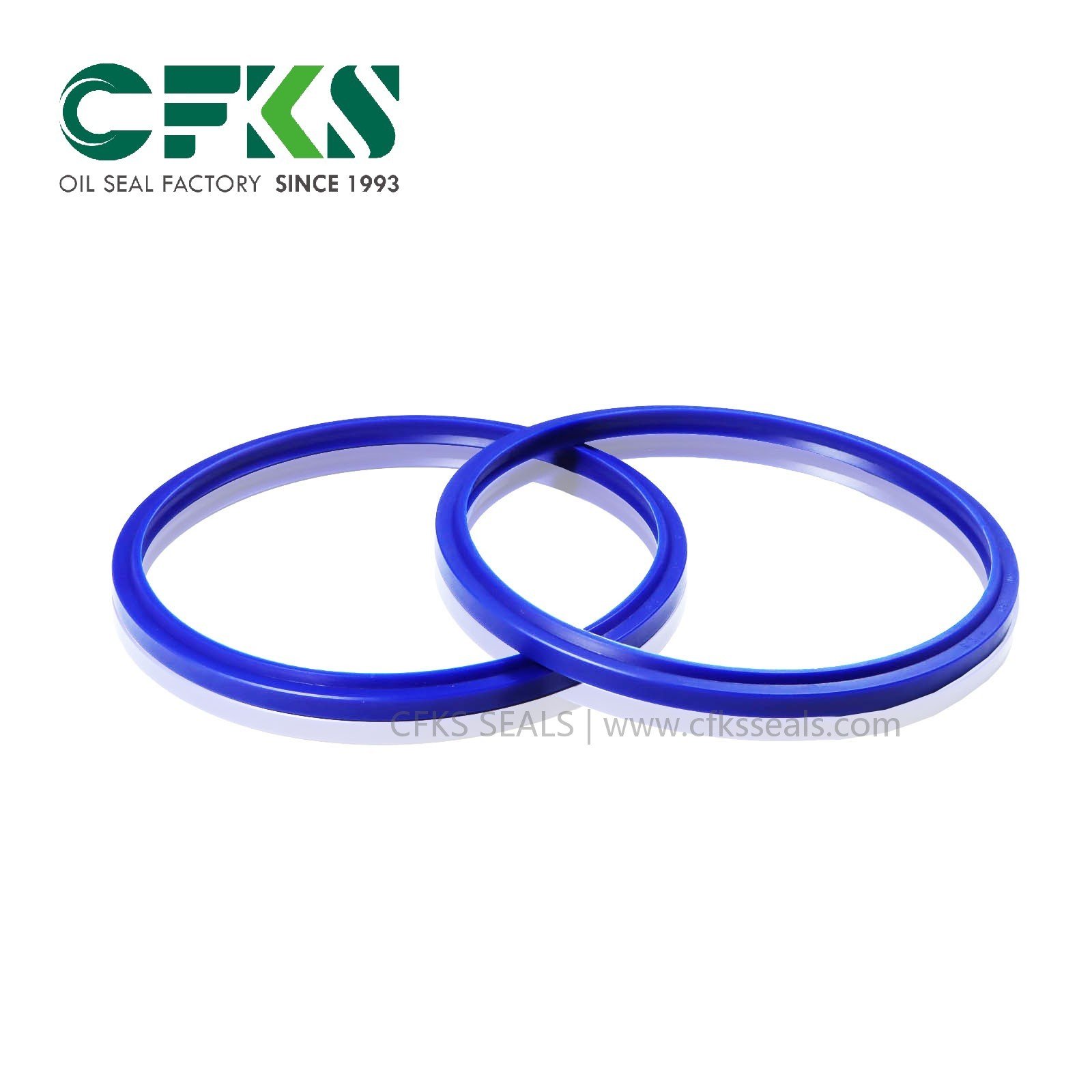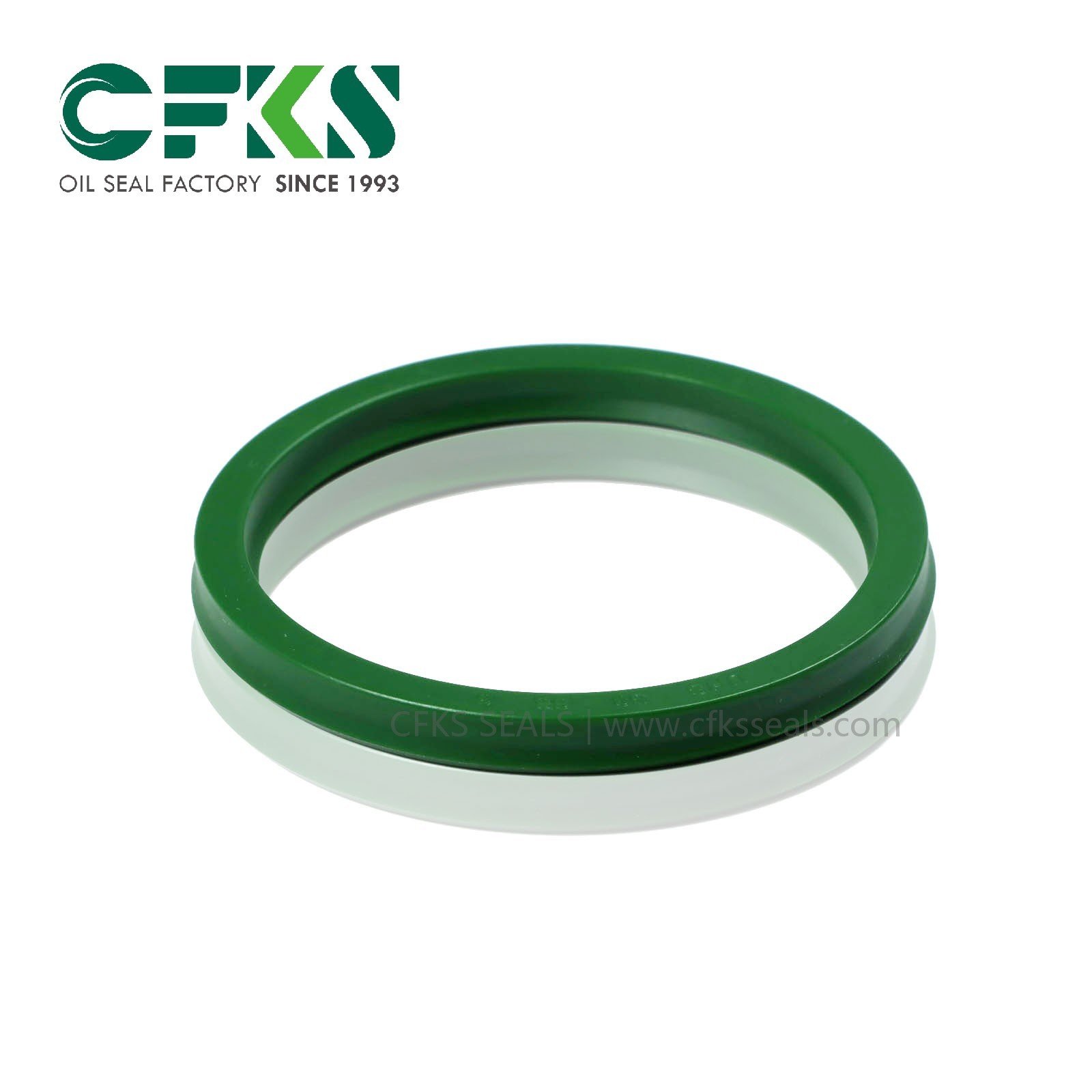CFKS Compact Piston Rod Seal Polyurethane DAS KDAS TPM Hydraulic Seal PU DAS Double Acting Sealing Composite
CFKS DAS/KDAS hydraulic seals are compact, double-acting sealing elements made from durable polyurethane (PU). Engineered for hydraulic piston and rod applications, they deliver excellent sealing performance under high pressure and dynamic motion.
Bonded Seal (3)
BS Seal (3)
Cassette Oil Seal (2)
Combi Oil Seal (3)
Construction Seal (8)
Coupling Spider (13)
DAS Seal (3)
DH Seal (3)
DHS Seal (3)
DK Seal (2)
DLI Seal (3)
EC Cup Seal (3)
FA Seal (2)
GA Seal (2)
Glyd Ring (3)
Guide Ring (14)
High Pressure Water Seal (8)
Hydraulic Oil Seal (104)
IDU Seal (5)
JA Seal (3)
Mechanical Seal (2)
O-Ring/O-Ring Kit (12)
ODU Seal (6)
OUY Seal (3)
Piston Seal (18)
Polyurethane Bump Stop (6)
Polyurethane Washer (3)
Power Transmission Parts (22)
Rod Seal (39)
Rotary Shaft Oil Seal (34)
Split Oil Seal (3)
Split Piston Seal Ring (2)
Spring Energized Seal (2)
Stainless Steel Oil Seal (3)
TBV (20)
TC/TG Seal (100)
TCV/TCN (9)
UHS Seal (3)
UN/USH/UPH Rod Seal (19)
UR Seal (2)
USI Seal (1)
VA/VS Seal (2)
Washing Machine Seal (2)
Wiper Seals/Dust Seal (27)
X-Ring (2)
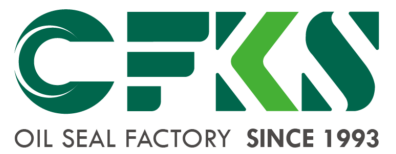




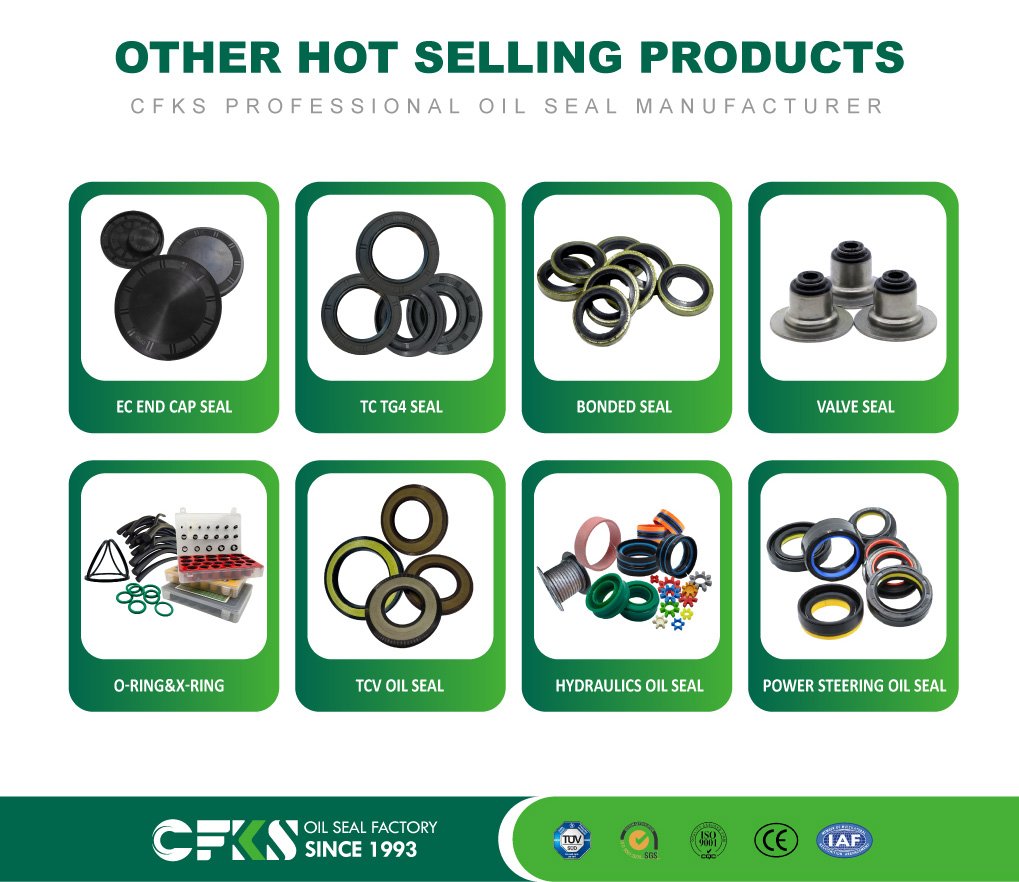
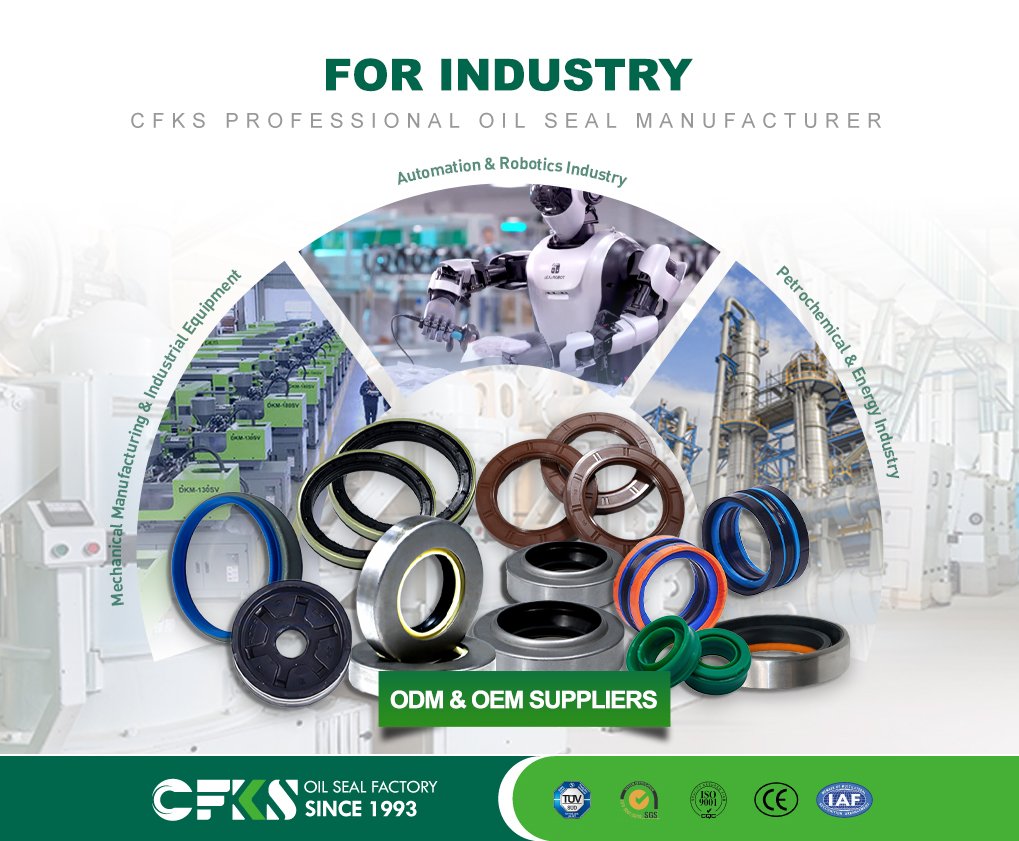
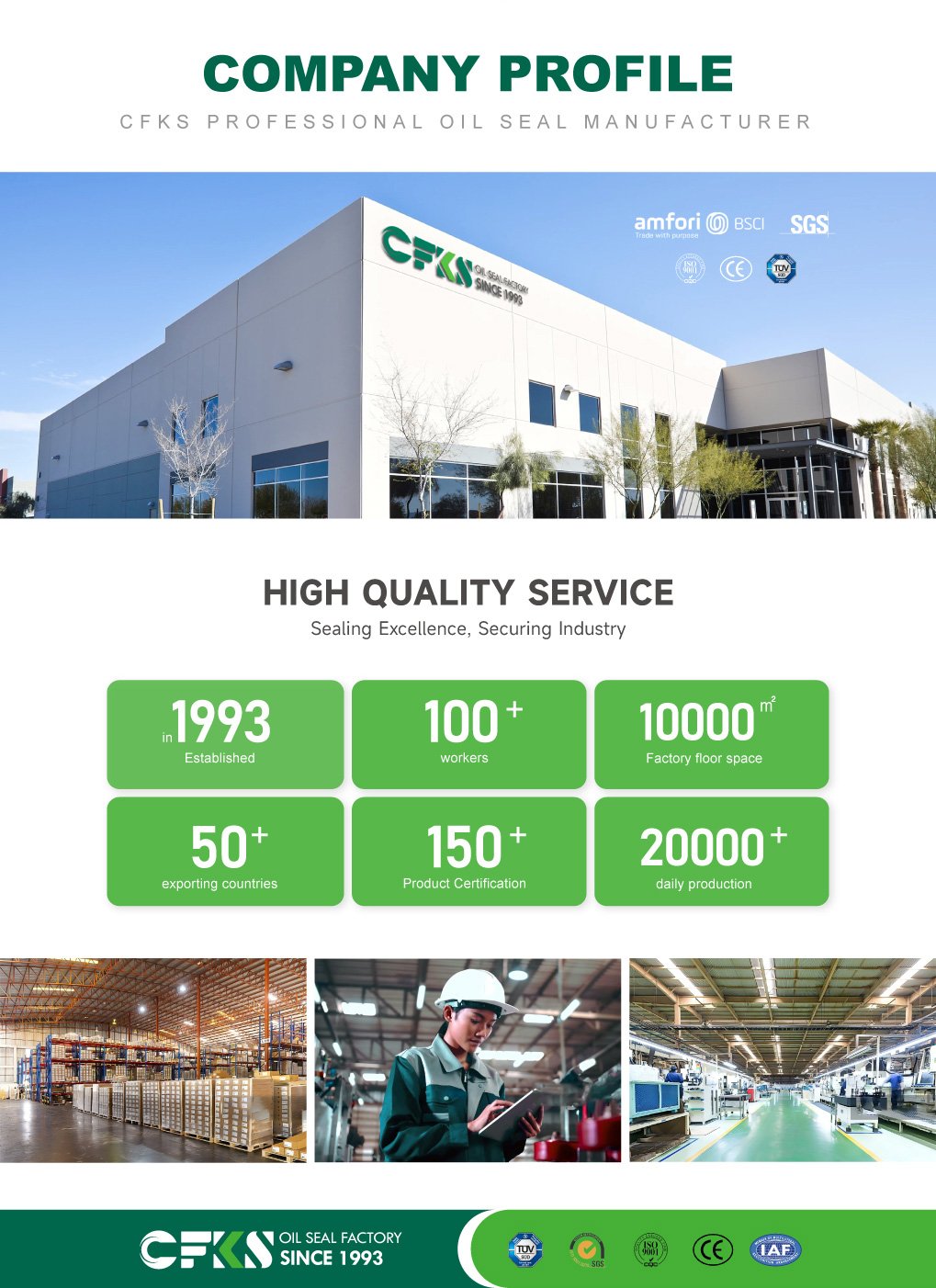
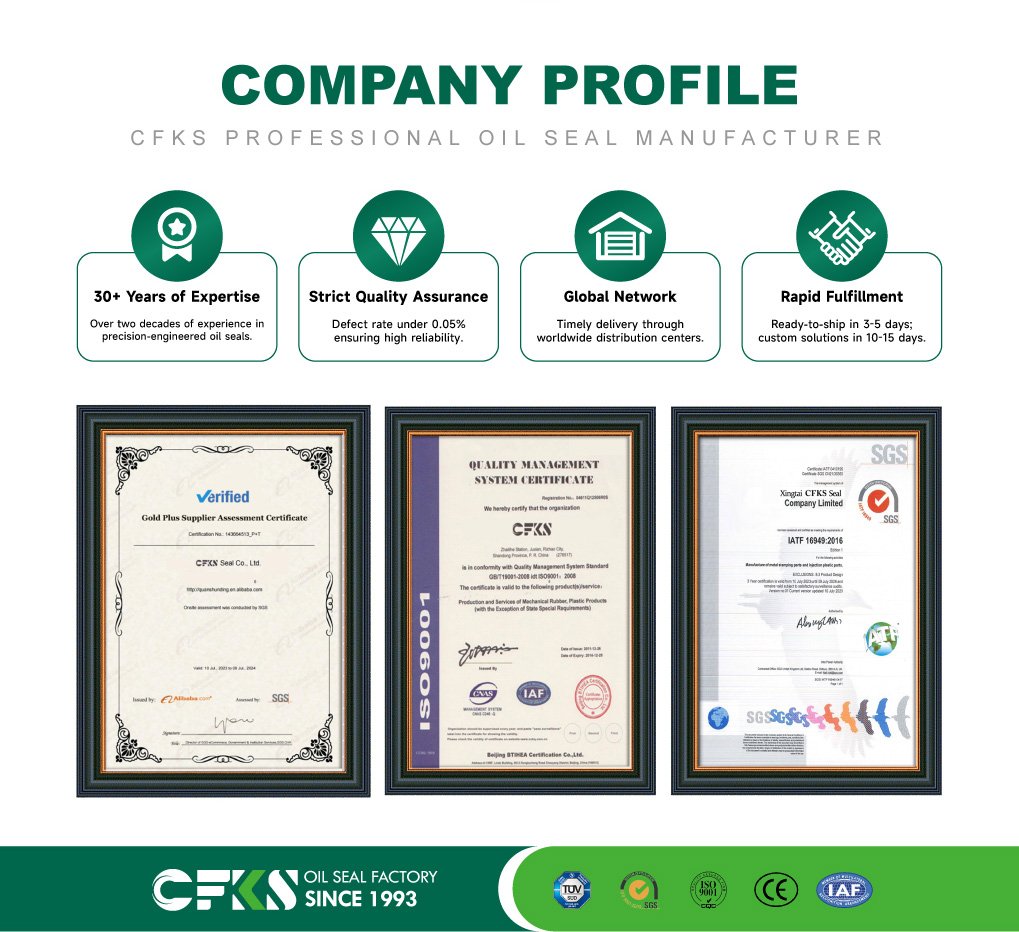
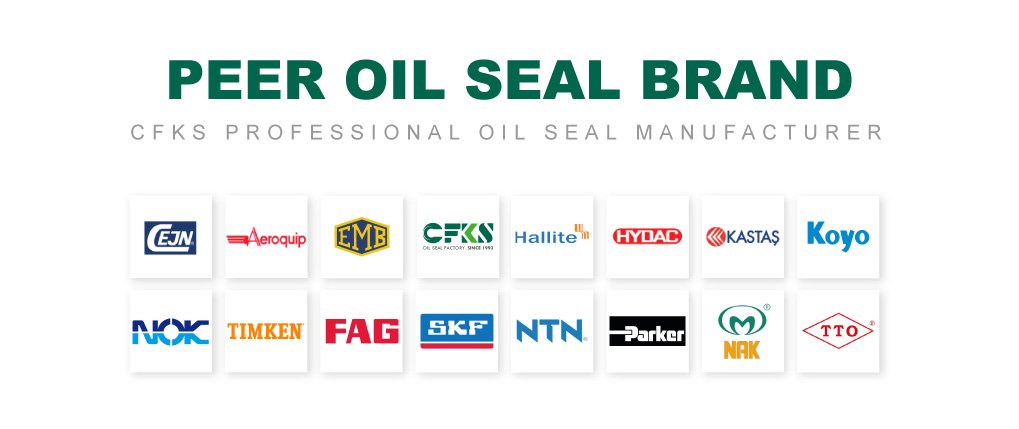
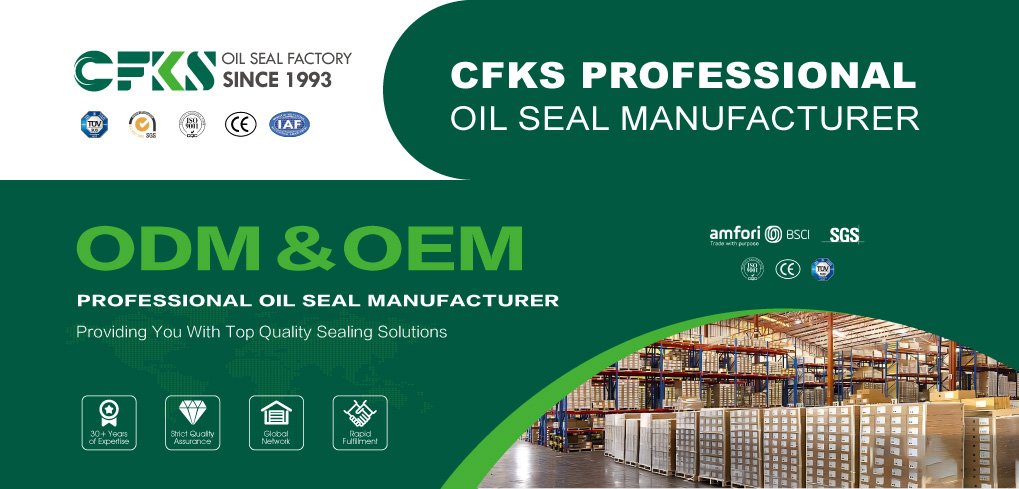
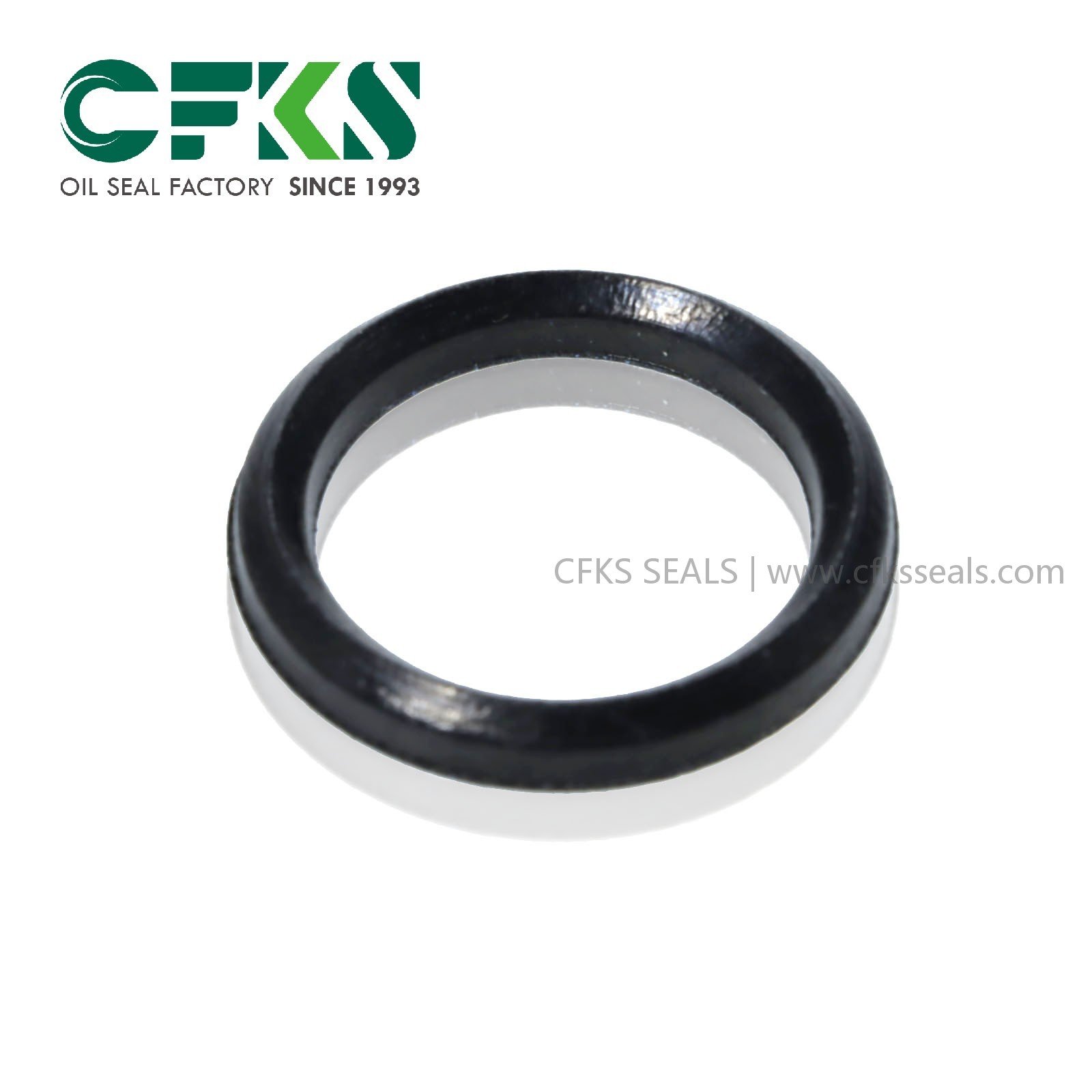
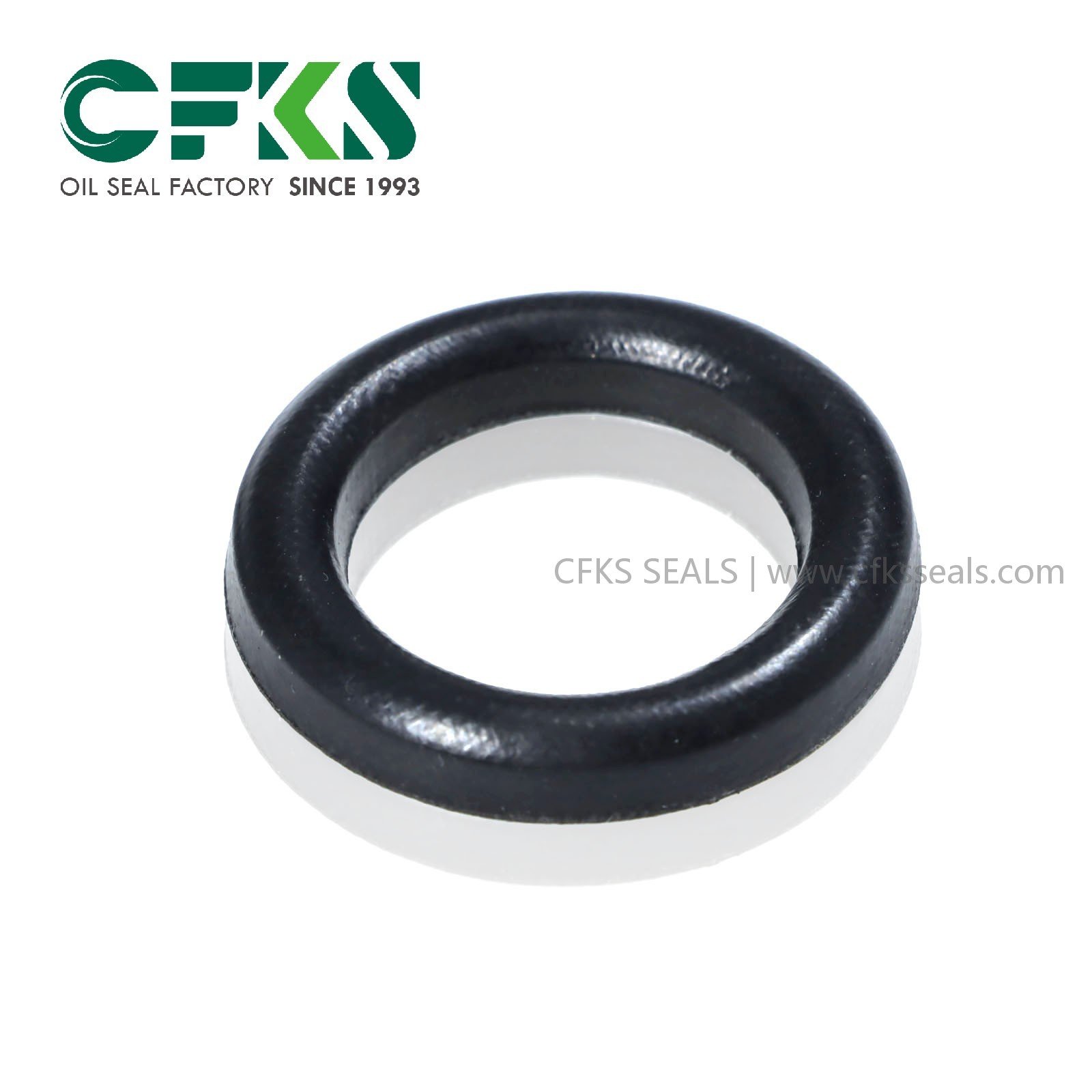

.jpg)
